



Published by Rowman & Littlefield Publishers, Inc.
A wholly owned subsidiary of The Rowman & Littlefield Publishing Group, Inc.
4501 Forbes Boulevard, Suite 200, Lanham, Maryland 20706
http://www.rowmanlittlefield.com
Estover Road, Plymouth PL6 7PY, United Kingdom
Copyright 2010 by Rowman & Littlefield Publishers, Inc.
All rights reserved . No part of this book may be reproduced in any form or by any electronic or mechanical means, including information storage and retrieval systems, without written permission from the publisher, except by a reviewer who may quote passages in a review.
British Library Cataloguing in Publication Information Available
Library of Congress Cataloging-in-Publication Data
Corlett, J. Angelo, 1958
Heirs of oppression / J. Angelo Corlett.
p. cm.
Includes bibliographical references (p. ) and index.
ISBN 978-1-4422-0814-8 (cloth : alk. paper)
ISBN 978-1-4422-0815-5 (pbk. : alk. paper)
ISBN 978-1-4422-0816-2 (electronic)
1. African AmericansReparations. 2. Indians of North AmericaReparations.
3. Reparations for historical injusticesUnited States. 4. Race discrimination United StatesHistory. I. Title.
E185.89.R45.C67 2010
305.896' 073dc22
2010028081
 The paper used in this publication meets the minimum requirements of American National Standard for Information SciencesPermanence of Paper for Printed Library Materials, ANSI/NISO Z39.48-1992.
The paper used in this publication meets the minimum requirements of American National Standard for Information SciencesPermanence of Paper for Printed Library Materials, ANSI/NISO Z39.48-1992.
Printed in the United States of America








Introduction
While John Rawlss theory of justice as fairness constitutes his attempt to construct a comprehensive theory of full compliance, Heirs of Oppression is my attempt to address a limited number of problems in partial compliance theory pertaining to compensatory justice. And it is compensatory justice which serves as that imperfect means by which many violated rights are rectified, albeit approximately, including individual and group rights to life, liberty, and the pursuit of happiness. This book is devoted to a philosophical examination of the problems of compensatory reparations to a distinct set of most egregiously oppressed groups by the United States of America, where compensatory reparations includes but is not limited to monetary compensation.
In the twentieth century alone, numerous evils were perpetrated, so many that the January 2006 issue of National Geographic refers to it as the Century of Death, where death means mass murder. Examples of such genocide or mass murder include the murder of about 30 million Chinese from 1950 to 1970, the murder of about 20 million Soviets between 1920 and 1960, the killing of about 11 million people by Nazi Germany between 1930 and 1950, the murders of about 10 million in Japan between 1930 and 1950, as well as over a million persons murdered in each of Turkey (19101930), India (19401950), Sudan (since 1950), Rwanda (in the early 1960s and in the mid-1990s), Indonesia (19602000), Nigeria (late 1960s), Pakistan (1970s), Uganda (19701990), Cambodia (1970s), and Afghanistan (19702000), as well as numerous other mass murders in countries and nations such as Namibia (1910), Algeria (early 1960s), Chile (mid-1970s), Zaire (between 1960 and 1980), South Vietnam (19601980), Iraq (since 1960), Equatorial Guinea (19601980), the Philippines (1970s), Burundi (since 1960), Angola (since 1970), Argentina (1970s), Ethiopia (late 1970s), Burma (late 1970s), Guatemala (19701990), El Salvador (1980s), Syria (early 1980s), Iran (19802000), Somalia (late 1980s), Sri Lanka (late 1980s), Bosnia (1990s), and Yugoslavia (late 1990s). And while some acts of mass murder are more evil than others due to kind, level, and degree of harmful wrongdoing, perhaps even constituting pure evil, even some allegedly purely evil acts are often such that they are mixed with some degree of goodness, however minute (for example, in the midst of a genocide, a soldier carrying out the genocide willfully and knowingly assists a young child from danger). I refer here not only to the murderers themselves, but also to the governments and societies responsible for them. For instance, a government of a country can engage in evil actions, yet the country itself might well have some good features.
U.S. history is replete with examples of acts of evil perpetrated by the U.S. federal, state, and local governments. I shall argue that based on its lengthy train of rights abuses that date back to its inception until currently, the United States is, on balance, evil. In fact, it is, on balance, so evil that it is astounding that so many Christian theologians do not seem to admit or recognize in their writings on the problem of evil that the United States stands as one of the most obvious examples of the problem of nonnatural evil and that its oppression of Indians and blacks serve as apt examples of evil! Yet one would seem to have to subscribe to a rather entrenched ahistoricism about the United States in order to fashion a theology that would ignore the history of the United States in addressing the problem of evil. Nonetheless, there are many good people and things in and about the country, including much of its music, athletics, advances in higher education and medicine, and some of its charitable organizations. But on balance, all of these and other truly great contributions are outweighed by the facts of its history of unrectified evils that are amongst the very worse in history. So, on balance, the United States is evil. This is both a comparative and an on balance moral judgment. Compared to other countries and societies throughout history, the entirety of rights violations by the United States seems to be the worst ever in cumulative magnitude and duration, and even in light of its good features, the United States still comes out evil on the balance of scales, all relevant things considered. For most every U.S. citizen, this kind of judgment comes as a complete shock, and even outlandish. For most U.S. citizens, the United States is clearly the greatest country in the world. But in whatever sense this kind of statement could be meant, it surely cannot reasonably be meant in a moral sense, that is, according to principles of a morally enlightened and historically informed conscience. My claim that the United States is, comparatively and on balance, evil is meant as a moral assessment of its behavior over its lifetime. It is not meant to be a judgment based solely on one or two acts of conduct indicative of its general character.
Next page
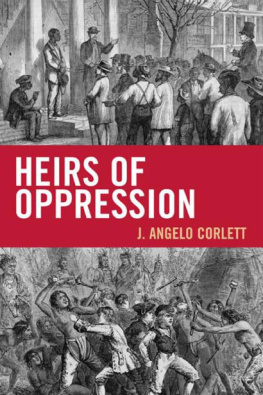

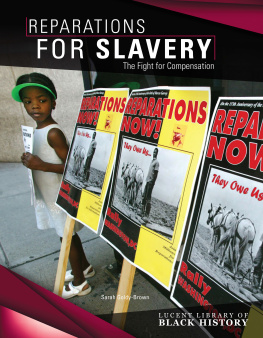
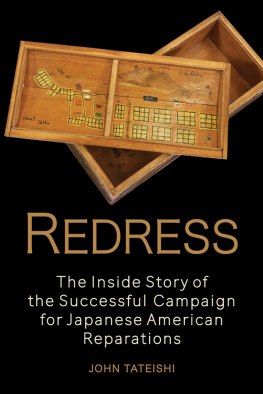
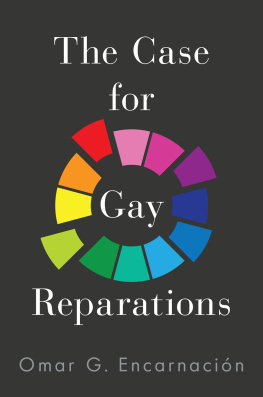
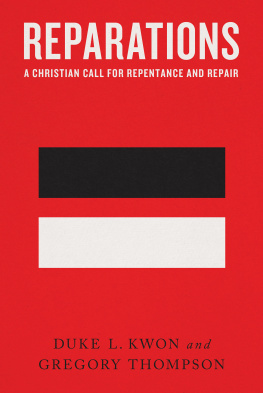
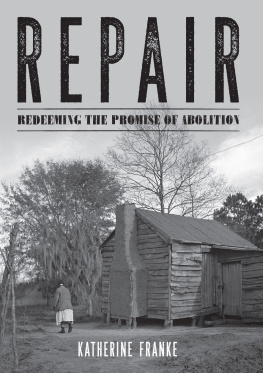
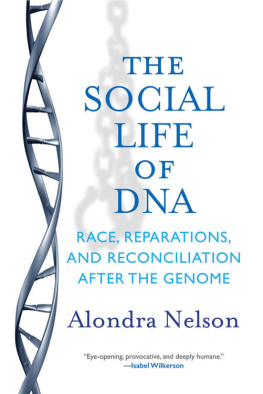





 The paper used in this publication meets the minimum requirements of American National Standard for Information SciencesPermanence of Paper for Printed Library Materials, ANSI/NISO Z39.48-1992.
The paper used in this publication meets the minimum requirements of American National Standard for Information SciencesPermanence of Paper for Printed Library Materials, ANSI/NISO Z39.48-1992.






